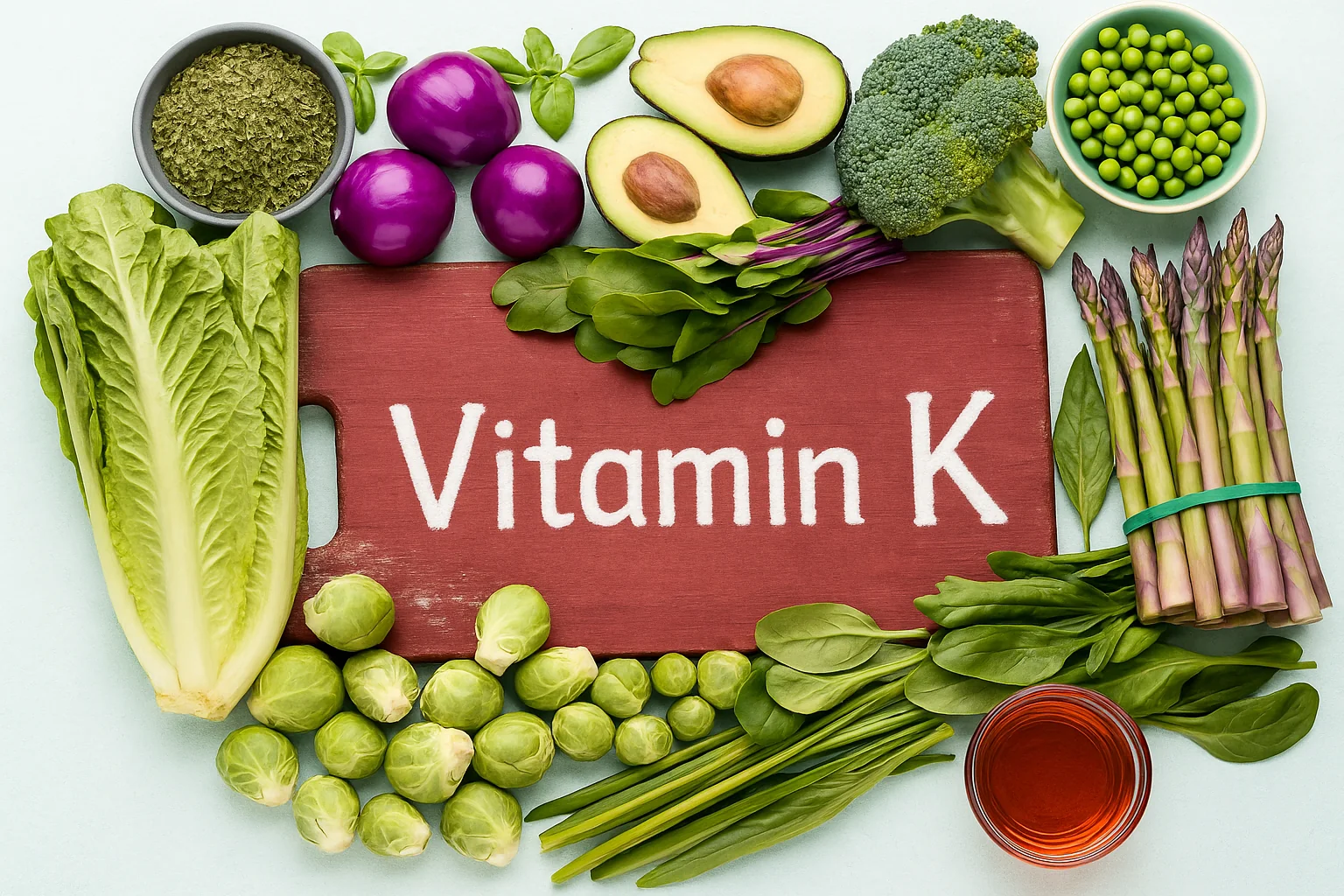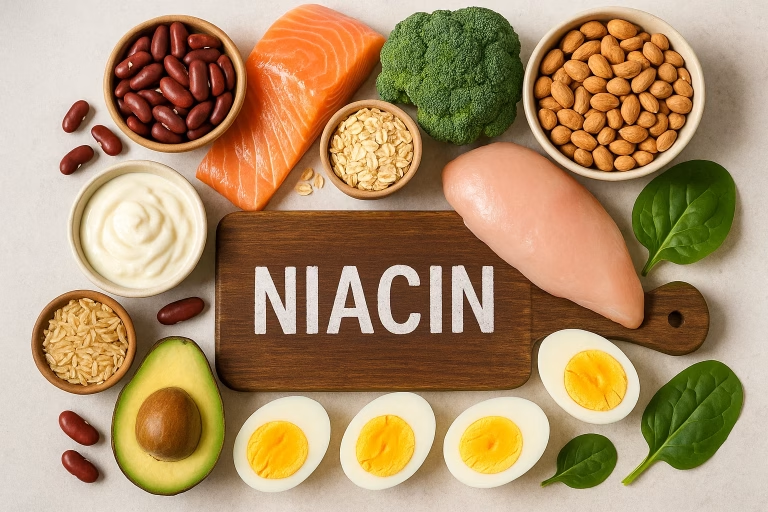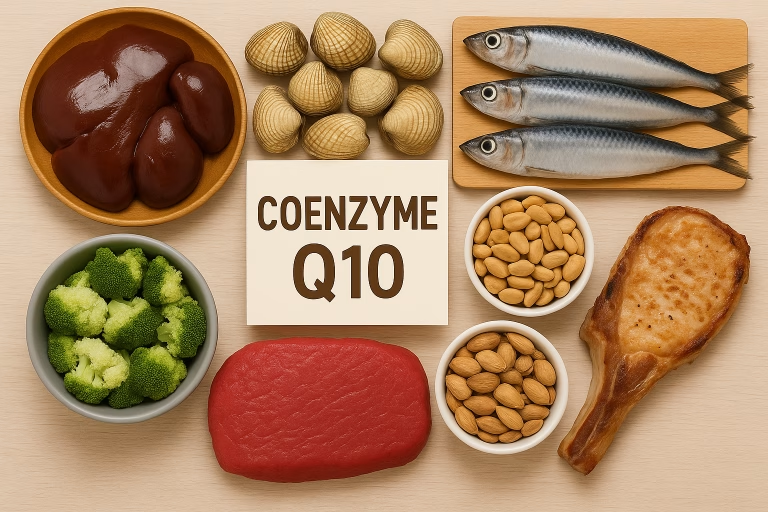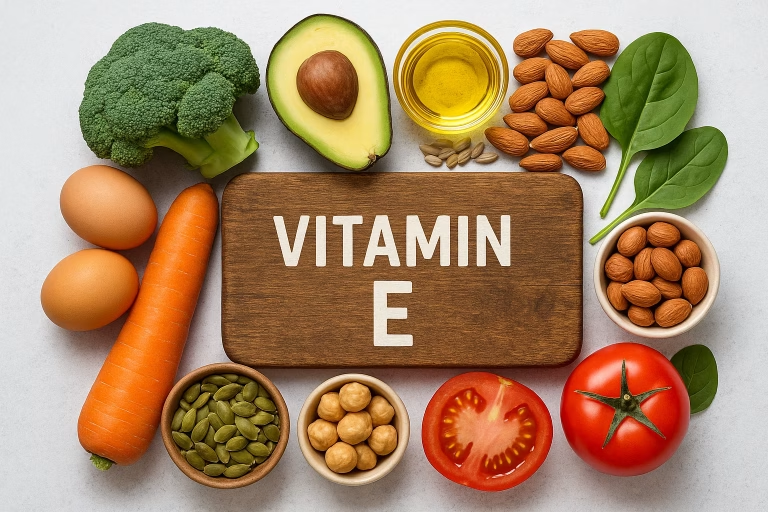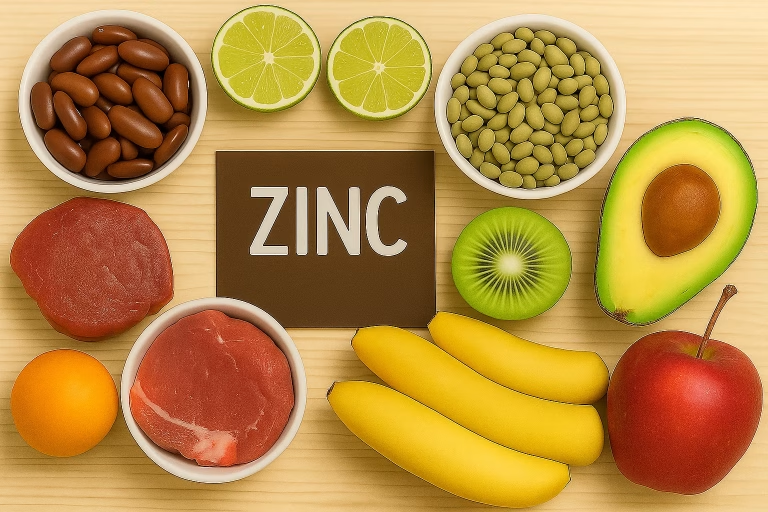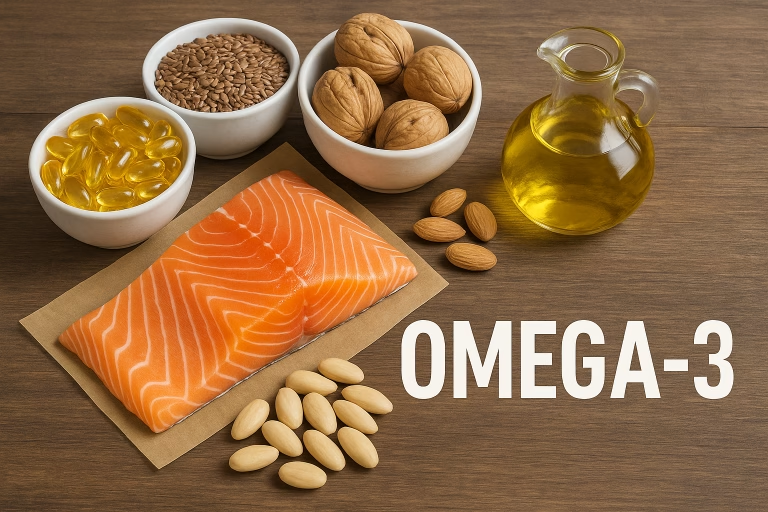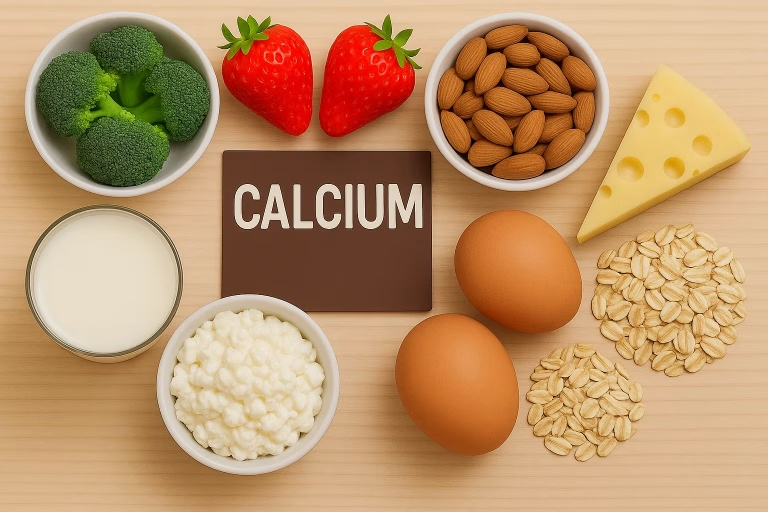In-Depth Review: Vitamin K for Adults Over 40
Why Vitamin K Deserves Your Attention After 40
When we talk about essential vitamins for adults over 40, Vitamin D, calcium, and omega-3s often get the spotlight. But Vitamin K—especially K2—is equally important for maintaining long-term health. It plays a crucial role in bone strength, heart health, and even cognitive support, yet it’s one of the most overlooked nutrients in the typical adult diet. Read our comprehensive vitamin k review to learn more.
In this comprehensive 1500-word guide, we’ll explore why Vitamin K should be part of your daily supplement regimen after 40, the differences between K1 and K2, dosage recommendations, health benefits, and the best supplement options available today.
What Is Vitamin K?
Vitamin K is a fat-soluble vitamin essential for blood clotting, bone metabolism, and cardiovascular health. There are two primary forms:
- Vitamin K1 (phylloquinone) – Found in leafy green vegetables; essential for blood clotting
- Vitamin K2 (menaquinone) – Found in fermented foods and animal products; supports bone and arterial health
K2 is further divided into several subtypes, with MK-4 and MK-7 being the most studied. MK-7, in particular, has a longer half-life in the body and provides sustained benefits.
Why Adults Over 40 Need More Vitamin K
1. Bone Health and Osteoporosis Prevention
Vitamin K activates proteins such as osteocalcin, which binds calcium to bone. Without adequate K2, calcium may not be properly utilized, weakening bones over time—a major concern as we age.
Women entering menopause and men experiencing age-related bone loss are especially vulnerable. Research shows that K2 supplementation can reduce the rate of bone density loss and even improve bone strength.
2. Cardiovascular Protection
Vitamin K2 also activates Matrix Gla Protein (MGP), which prevents calcium from depositing in blood vessel walls. This process is vital for reducing arterial stiffness and lowering the risk of heart disease—a leading concern for those over 40.
Several studies suggest that people with higher K2 intake have less arterial calcification and a lower risk of coronary heart disease.
3. Cognitive and Longevity Support
Emerging research links Vitamin K to better cognitive function, particularly in older adults. Its anti-inflammatory and neuroprotective effects make it a promising nutrient for supporting brain health and longevity.
Signs You Might Be Low in Vitamin K
While severe deficiency is rare, suboptimal levels are more common and can be hard to detect. Symptoms include:
- Easy bruising
- Frequent nosebleeds
- Excessive bleeding from minor cuts
- Brittle bones or early signs of osteoporosis
- Arterial stiffness or high blood pressure
Older adults, those on blood thinners, and people with digestive issues (like IBS or Crohn’s) are more likely to be deficient.
Recommended Dosage of Vitamin K for Adults Over 40
The RDA for Vitamin K is:
- 120 mcg/day for men
- 90 mcg/day for women
However, these recommendations are primarily based on K1 for blood clotting. For optimal bone and heart health, K2 intake of 100–200 mcg/day (especially as MK-7) is often recommended by experts.
Note: People on blood thinners (like warfarin) should consult a doctor before supplementing with Vitamin K.
Best Sources of Vitamin K
K1 (Phylloquinone):
- Kale, spinach, collard greens, broccoli, Brussels sprouts
K2 (Menaquinone):
- Natto (fermented soybeans)
- Hard cheeses
- Liver and egg yolks
- Grass-fed meats
K2 is harder to obtain through diet alone, which is why supplementation becomes important—especially for adults with limited intake of fermented or animal-based foods.
Choosing the Right Vitamin K Supplement
1. MK-7 (Menaquinone-7)
- Most bioavailable and long-lasting form
- Best for bone and heart support
- Commonly dosed at 90–200 mcg
2. MK-4 (Menaquinone-4)
- Shorter half-life but effective at high doses
- Often used in Japan to treat osteoporosis
- Requires more frequent dosing
3. Vitamin K2 + D3 Combo
- Helps ensure calcium is used properly
- Popular among those looking to support both immunity and skeletal health
4. Multivitamins with K2
- Some age-specific multis include MK-7
- Not all multis contain the optimal dose, so check labels
How to Take Vitamin K for Best Results
- Take with meals containing healthy fats (avocados, olive oil, nuts)
- Pair with Vitamin D – D3 boosts calcium absorption; K2 directs it to bones
- Don’t take at the same time as blood thinners unless advised by your doctor
- Consider magnesium, which works synergistically with D3 and K2
Real Benefits: What the Science Says
Bone Health
A 3-year study in postmenopausal women found that those taking MK-7 experienced significantly less bone density loss and increased bone strength compared to the placebo group.
Heart Health
The Rotterdam Study showed that high intake of K2 (but not K1) was associated with a 50% reduction in arterial calcification and a 57% lower risk of heart disease.
Brain Health
Some studies have shown better memory recall and cognitive function in older adults with higher vitamin K status, although more research is needed.
Top Recommended Vitamin K Supplements for Adults Over 40
While we won’t list images here, here are top-rated options based on quality, bioavailability, and user reviews:
1. Doctor’s Best Natural Vitamin K2 (MK-7)
- Dose: 100 mcg MK-7
- Non-GMO, soy-free
- Ideal for daily maintenance
2. Thorne Research Vitamin D/K2 Liquid
- D3 + K2 combo in liquid form
- Highly absorbable and ideal for bone/heart support
3. NOW Foods MK-7 Vitamin K2
- 100 mcg MK-7 per capsule
- Affordable and effective
4. Jarrow Formulas MK-7
- 90 mcg per capsule
- Fermented source, high purity
Vitamin K FAQs for Adults Over 40
Q: Can I take too much Vitamin K? A: It’s difficult to overdose on K1 or K2 from food or supplements, but excessive intake could interfere with certain medications.
Q: Is Vitamin K2 better than K1? A: For bone and cardiovascular health, yes. K2 (especially MK-7) is better absorbed and utilized over time.
Q: Should I take K2 if I already take D3? A: Absolutely. D3 increases calcium absorption, and K2 ensures calcium is used correctly in the body. They work best together.
Q: Is Vitamin K safe with blood pressure medications? A: Generally yes, but always check with your healthcare provider.
Final Thoughts
If you’re over 40 and not paying attention to Vitamin K—especially K2—you could be missing a vital piece of your health puzzle. From preventing bone fractures to supporting heart health, K2 offers long-term benefits that compound with age.
Whether you get it from fermented foods or a quality supplement, adding Vitamin K2 to your routine is a smart move. Combined with Vitamin D3, magnesium, and a nutrient-rich diet, K2 can help you stay active, resilient, and vibrant well into your 50s, 60s, and beyond.
At Vitamins 40 Plus, we recommend integrating a trusted K2 supplement into your daily health routine and consulting with your healthcare provider to ensure optimal dosing and interactions.
Stay strong, stay smart—and don’t skip your K!

